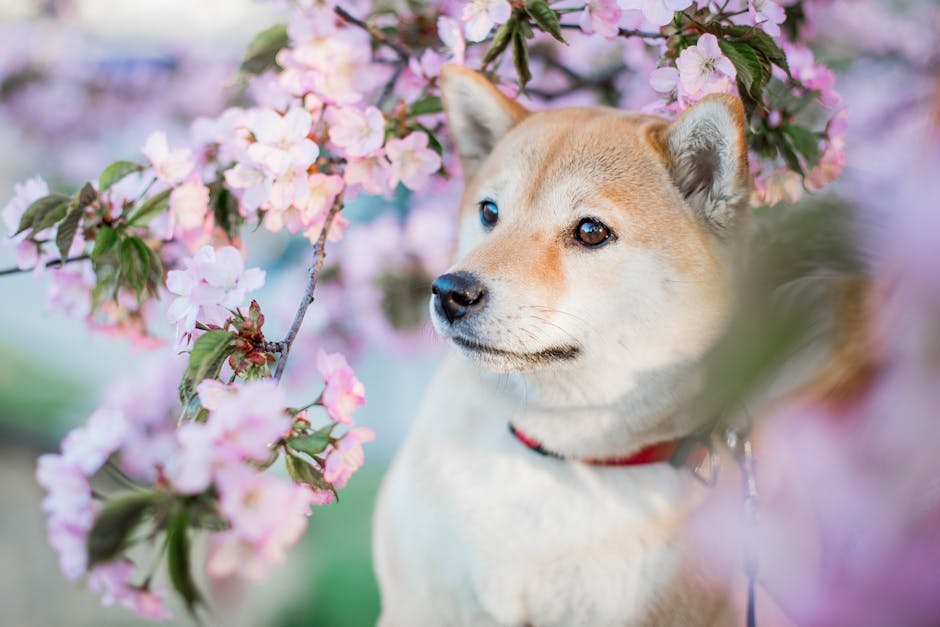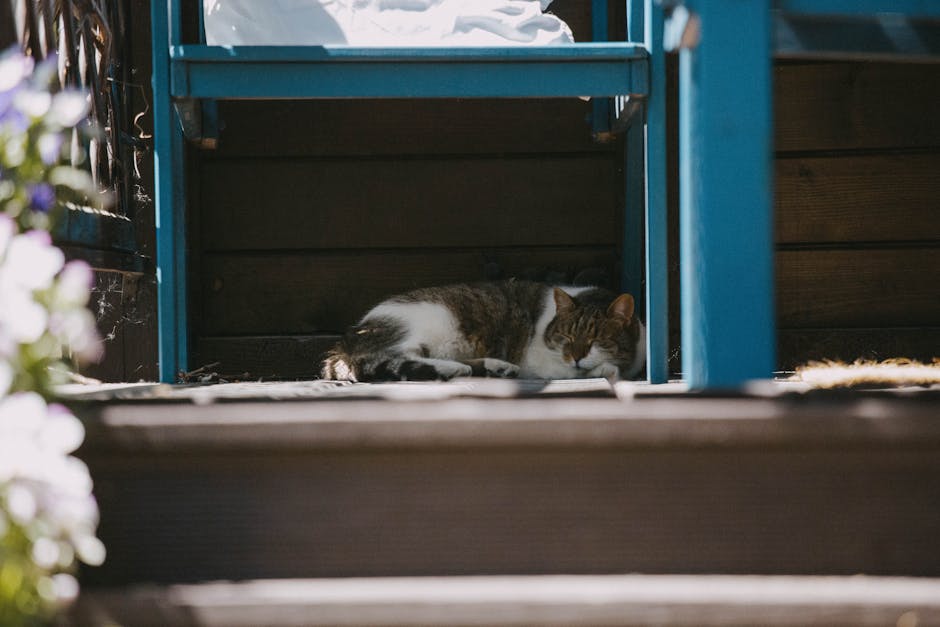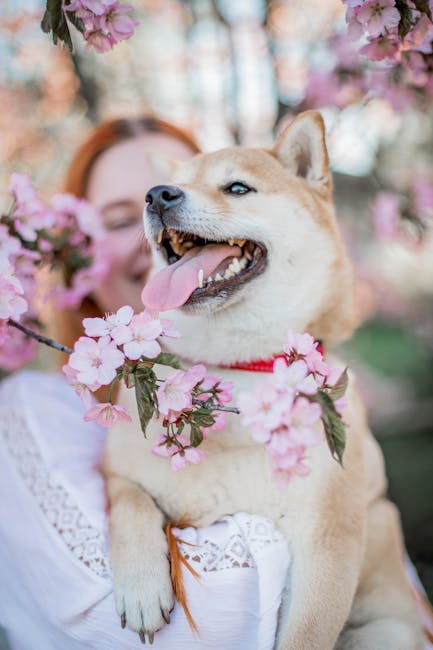A Grow A Garden Pet Tier List: The Ultimate Guide to Choosing the Perfect Companion for Your Green Thumb
For many gardeners, the joy of tending to their plants is amplified by the presence of a furry, feathered, or scaled friend. But choosing the right pet for your garden requires careful consideration. This comprehensive Grow a Garden Pet Tier List will help you navigate the choices, assessing various animals based on their impact on your garden, your lifestyle, and their overall well-being.

Understanding the Tiers
This tier list is categorized into S-Tier (Exceptional), A-Tier (Excellent), B-Tier (Good), C-Tier (Fair), and D-Tier (Avoid). The ranking considers several factors, including:

- Pest Control: Does the pet help control garden pests naturally?
- Gardening Assistance: Does the pet contribute to soil health or other garden tasks?
- Environmental Impact: Does the pet have a positive or negative impact on the environment of your garden?
- Maintenance Requirements: How much time, effort, and resources are needed to care for the pet?
- Safety Considerations: Are there potential risks associated with the pet’s presence in the garden (for the pet, plants, or yourself)?
S-Tier: The Garden Guardians
1. Chickens (Specific Breeds):
Certain chicken breeds, particularly those known for foraging and pest control, excel in the garden. They’ll happily devour slugs, snails, and other unwanted insects. However, remember that chickens require a coop, regular care, and appropriate fencing to prevent damage to your plants. Choosing a breed known for its docile nature is crucial for safety.
2. Ducks (Indian Runner Ducks):
Indian Runner ducks are particularly effective at controlling slugs and snails. Their upright posture allows them to reach into plants more easily than other ducks, making them highly efficient pest controllers. They also aerate the soil as they forage, benefiting your plants. However, like chickens, they need a proper enclosure and regular care.
A-Tier: Excellent Garden Companions
1. Guinea Fowl:
Guinea fowl are excellent for pest control, particularly ticks and insects. Their loud calls can act as a natural alarm system, deterring larger predators. However, they can be noisy and require secure housing.
2. Bees:
Installing a beehive (with proper training and local regulations) significantly boosts your garden’s pollination. This leads to healthier, more abundant harvests. This requires significant commitment to learning about beekeeping and ensuring the hive’s health and safety.
3. Ladybugs:
Introducing ladybugs to your garden offers natural aphid control. You can purchase ladybug larvae or adult ladybugs and release them into your garden. They are relatively low-maintenance, but their effectiveness depends on the existing aphid population.
B-Tier: Good Additions with Considerations
1. Cats:
While cats can help control rodent populations, they may also damage plants by digging or using your garden as a litter box. Supervision and training are essential. Ensure they have access to water and shelter outside.
2. Dogs (Small, Well-Trained Breeds):
Small, well-trained dogs can be beneficial garden companions, particularly if trained to avoid damaging plants. However, their presence needs monitoring to prevent unintended harm to plants or wildlife.
3. Toads:
Toads are natural pest controllers, feeding on insects and slugs. Providing a damp, shady habitat can attract toads to your garden. However, their effectiveness relies on a suitable environment.
C-Tier: Fair Choices Requiring Careful Management
1. Rabbits:
Rabbits can cause significant damage to gardens, devouring plants and digging burrows. Unless you have a very large, secure enclosure and dedicated space for them, rabbits should be carefully considered. This is not recommended for most gardens.
2. Goats:
Goats can be excellent for clearing overgrown areas, but they can also cause significant damage to your desired plants. Very careful planning and management are required to prevent widespread destruction. Not suitable for most home gardens.
D-Tier: Generally Avoid in Gardens
1. Squirrels:
Squirrels are notorious for digging and damaging plants, often stealing seeds and fruits. While they may occasionally control insect populations, the damage they cause usually outweighs the benefits.
2. Deer:
Deer can devastate gardens in a short amount of time. They are very difficult to deter and often require extensive fencing and other deterrents which may not always be effective or practical.

Choosing the Right Pet for Your Garden
This tier list provides a general guideline. The best choice for your garden depends on factors like the size of your garden, the types of plants you grow, your climate, and your personal preferences. Research specific breeds and species carefully before making a decision. Always prioritize the well-being of the animal, and ensure you have the resources and commitment to provide proper care. Consider consulting with local experts or experienced gardeners to get tailored advice.
Beyond the Animals: Enhancing Your Garden Ecosystem
Beyond introducing pets, consider other ways to improve your garden ecosystem. Planting diverse native plants provides habitats for beneficial insects, birds, and other wildlife. Creating compost heaps enriches the soil and provides a food source for many creatures. These natural methods of pest control and ecosystem enhancement work synergistically to improve your garden’s overall health and productivity.

